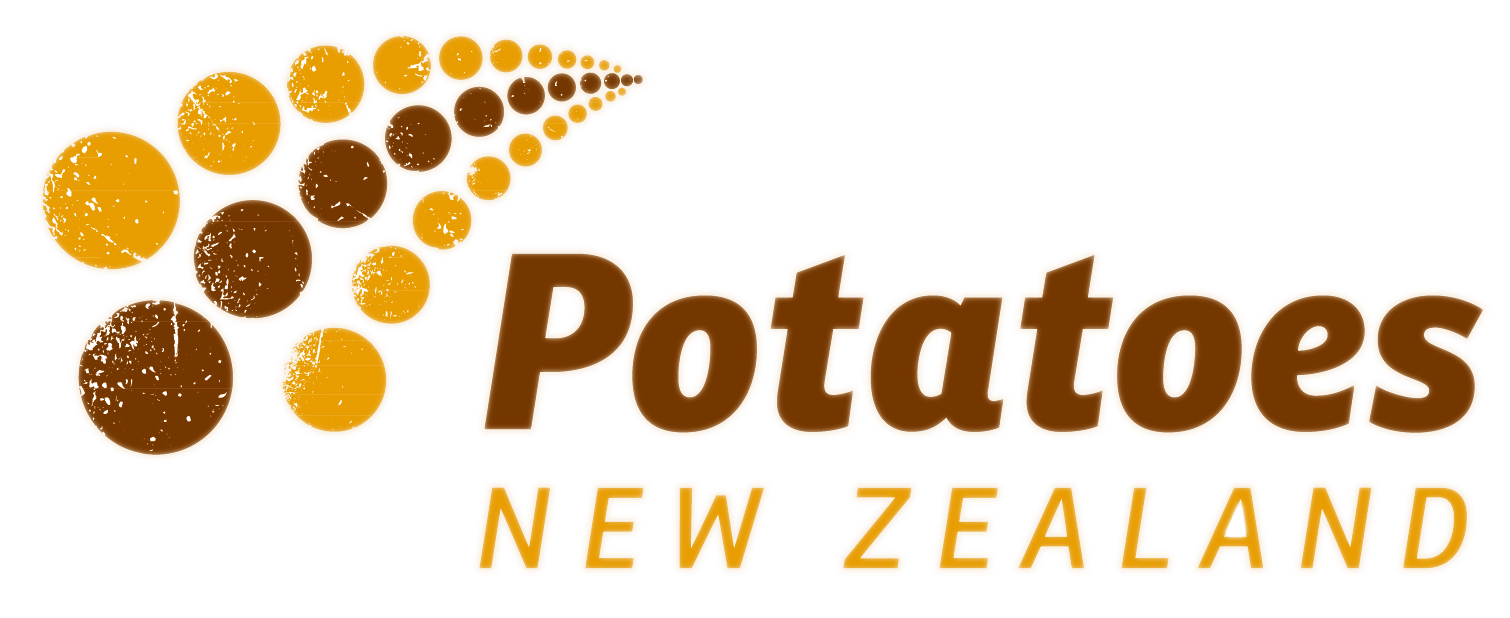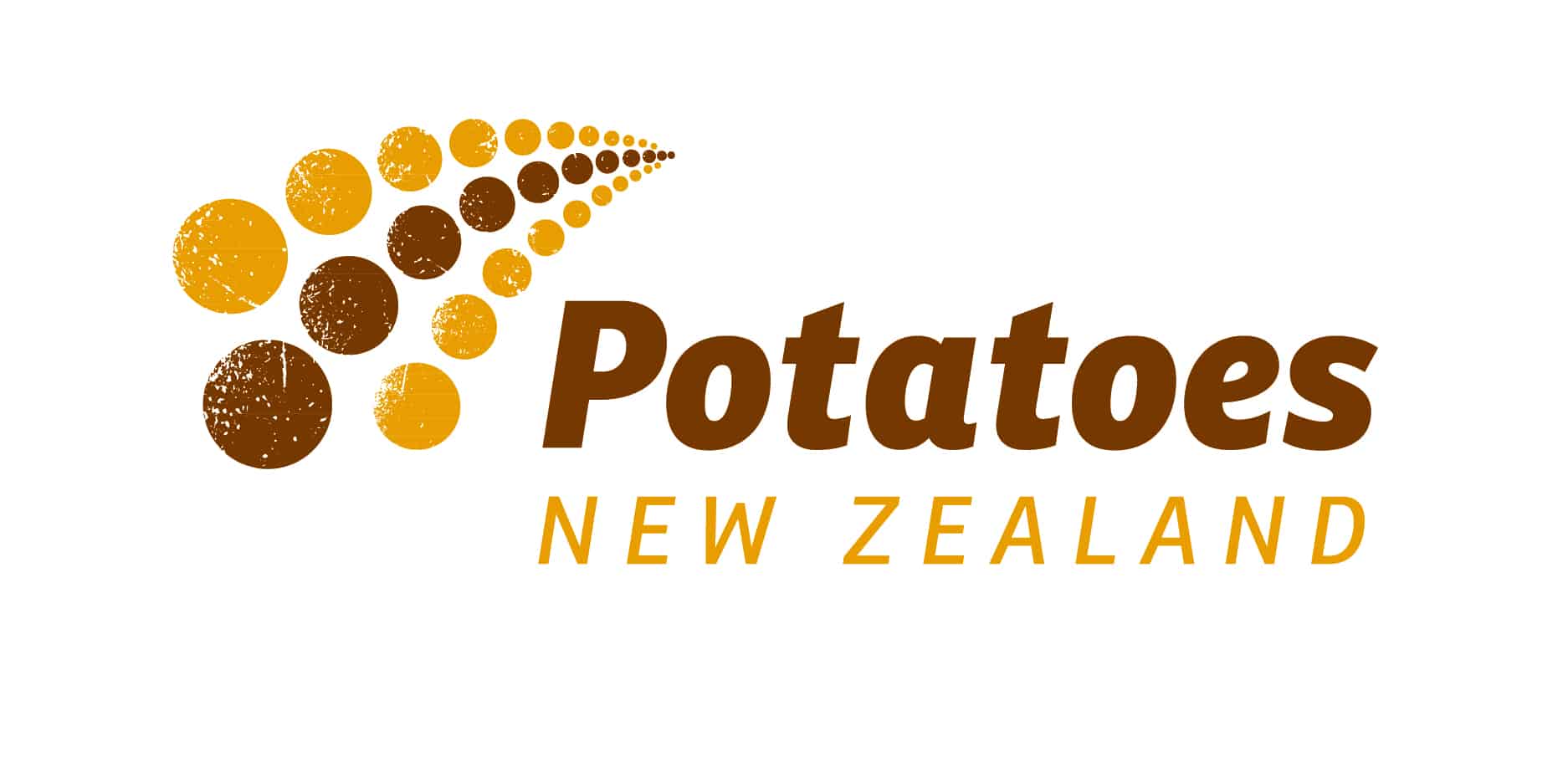Article by Gemma Carroll (contains edited extracts from an article compiled by Jamie Day of AgriTrade News, with permission from World Potato Markets).
This last year has seen pressure from regulators across the world on plant-protection products available for potato crops during establishment, growth and storage phases.
Consumers increasingly demand less chemical treatment of their foodstuffs, while continuing to require high quality and good value in their shopping baskets.
At the same time, regulatory hurdles grow ever higher, especially in Europe, resulting in product withdrawals, tighter application restrictions and an ongoing problem of resistance developing in target disease, pest and weed species.
The steady erosion of products available to ensure potato crop yield and quality, creates pressure on the remaining options, while alternative products and techniques may increase costs for the grower.
Many growers and their agronomic advisers are adopting more integrated crop-management strategies and holistic approaches, yet these must be compatible with market specifications whilst being cost-effective for the producer.
The hope is that the environment will be protected, beneficial insects will return to environments with reductions/restrictions in chemical pesticides, water quality will improve, consumer trust will grow, and consumer demand for ‘clean’ food will be met.
The 2018/19 year has been particularly challenging for potatoes, as it is the last year for a popular molluscicide active in the UK and a fungicide and herbicide/desiccant in Europe. Meanwhile, pressure grows on a key blight fungicide in Canada.
In New Zealand, The Environmental Protection Authority reviews hazardous substances, paraquat being the most recent potato-related chemical under review.
Weed control in summary
What is being phased out in UK and Europe? Paraquat and diquat.
Alternative chemicals: metribuzin, metobromuron, prosulfocarb and pendamethalin in tank mixes.
Concerns: less effective or more expensive to achieve the same control.
Other alternatives: organic farming methods, mechanical hoeing or even flame equipment to burn off unwanted plants, although time-consuming and costly in terms of labour, fuel and equipment.
There are also promising developments in robotic row-crop weeding, with Artificial Intelligence harnessed for the visual identification of weeds before treatment with a precisely targeted herbicide spray, or removal by mechanical means.
In New Zealand: LandWise is doing a number of A.I. trials for weed control.
Disease control in summary
What is being phased out in UK, Europe and Canada? Chlorthanil (fungicide) and Mancozeb.
Alternatives: Fluazinam and oxathiapiprolin. Organic growing systems also still have EU approval for four formulations of copper sulphate or copper oxychloride (with seasonal application volume restrictions).
Concerns: Pathogen and fungicide resistance.
Pest control in summary
What is being phased out in UK, Europe? Neonicotinoid insecticides – clothianidin; imidacloprid; and thiamethoxam, (due to concerns over their impact on pollinators). Metaldehyde (slug pellets) banned in UK from Spring 2020 (concerns over groundwater).
Alternatives: Fluopyram – lower dose required and cheaper.
Concerns: Approval is for in-furrow application only at this stage – adds time and cost.
Crop Desiccation in summary
What is being phased out in UK, Europe? Diquat
Alternatives: Carfentrazone and pyraflufen
Concerns: not as effective, may require a mechanical treatment on the haulm (plant stem) to allow adequate penetration – adds time and cost.
Storage chemistry in summary
What is being phased out in UK, Europe? Chlorpropham (CIPC) the 2019 crop is likely to be the last for which it is available.
Alternatives: Spearmint oil, ethylene gas, Maleic hydrazide or Dimethylnaphalene.
Concerns: may only be effective in fresh-crop sector (not processed sector), difficult to apply gas effectively and Maleic hydrazide rules out the use for stock feed, outgraded potatoes.
In New Zealand: Naturally-derived Dimethylnaphalene is already registered for use here. Other alternatives/enhancements: good store management, refrigerated stores, integrated approach to sprout control and selecting longer dormancy varieties.
In conclusion: Internationally the pressure is on to find new alternatives for crop protection. It is likely New Zealand growers will face the same pressure and PNZ is pleased to say we are working hard via our Research and Development Projects to find the answers.
To find out how some of your levy is used, to develop innovations for future farming, why not attend our Agronomists Forum, on the 13th August at Addington Events Centre, as a lead-in to our greater PNZ Conference 2019, on the 14th August.
Growth and Resilience is the theme. Registrations open 20th May 2019.
https://conference.potatoesnz.co.nz/



